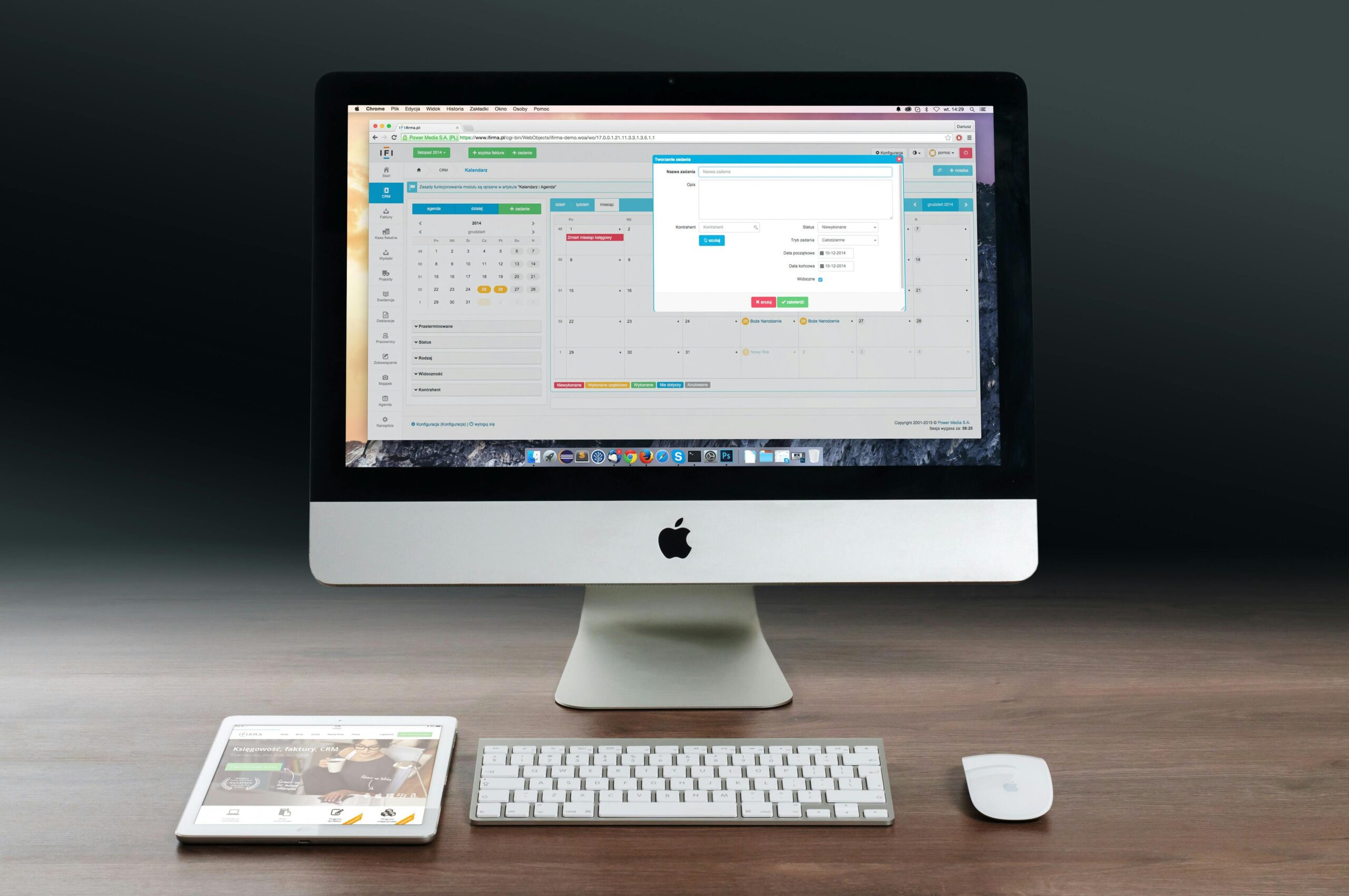Top Accounting Software Tools for Small Businesses in 2024
In the rapidly evolving world of business, staying on top of your finances is more crucial than ever. Whether you’re just starting out or looking to streamline your financial operations, the right accounting software can make a world of difference. Today, we’ll dive into the best small business accounting software to consider in 2024. With features that range from basic bookkeeping to comprehensive financial reporting, there’s an option for every need and budget.
Why Small Businesses Need Accounting Software
Effective accounting software can help small businesses in several key ways:
- Automating transactions
- Generating real-time financial reports
- Maintaining compliance with tax regulations
- Improving accuracy and reducing errors
- Facilitating better decision-making
Top Accounting Software Tools in 2024
Given the plethora of options available, selecting the right software can be overwhelming. Here are our picks for 2024, based on ease of use, features, and affordability.
1. QuickBooks Online
QuickBooks Online remains a go-to choice for small businesses. With an intuitive user interface and powerful features, it’s the gold standard in small business accounting.
- Key Features: Cloud-based, multi-user access, project management, invoicing, and payroll integration.
- Pros: User-friendly, integrates with other business tools, comprehensive customer support.
- Cons: Higher cost compared to some alternatives.
2. FreshBooks
FreshBooks is particularly well-suited for freelancers and small businesses focused on service-based operations. Its straightforward invoicing and time-tracking make it a standout.
- Key Features: Time tracking, expense tracking, customizable invoices, and automated payment reminders.
- Pros: Excellent customer service, ease of use, integrates with various apps.
- Cons: Limited features compared to more comprehensive tools.
3. Xero
Xero is a fantastic option for those who prefer extensive integration capabilities and advanced accounting features.
- Key Features: Bank reconciliation, inventory management, payroll, and recurring billing.
- Pros: Highly scalable, user-friendly, robust features at an affordable price.
- Cons: Learning curve for beginners.
4. Wave
For businesses on a tight budget, Wave provides high-quality, free accounting software. Despite being free, it offers an impressive range of features.
- Key Features: Invoicing, expense tracking, receipt scanning, and financial reporting.
- Pros: Free, user-friendly, good for small businesses.
- Cons: Limited customer support, lacks some advanced features.
5. Zoho Books
Zoho Books is perfect for small-medium businesses looking for comprehensive financial management. It’s also part of the larger Zoho ecosystem, making it a versatile choice.
- Key Features: Automated workflows, multi-currency handling, project management, and inventory tracking.
- Pros: Affordable pricing, extensive features, seamless integration with other Zoho apps.
- Cons: Limited third-party integrations.
6. Sage 50cloud
Sage 50cloud combines the reliability of desktop software with the flexibility of the cloud. It’s known for its robust feature set, making it suitable for growing small businesses.
- Key Features: Financial forecasting, cash flow management, and extensive reporting.
- Pros: Advanced features, strong security measures, exceptional reporting.
- Cons: Higher cost, requires some accounting knowledge.
Conclusion
Choosing the right accounting software for your small business is critical for maintaining financial health and ensuring smooth operations. The options highlighted above are among the best in 2024, each offering unique features to meet various business needs. Evaluate your specific requirements, budget, and level of accounting expertise to find the perfect fit. Investing in the right software now can save you time and money, providing a solid foundation for your business to grow and thrive.









